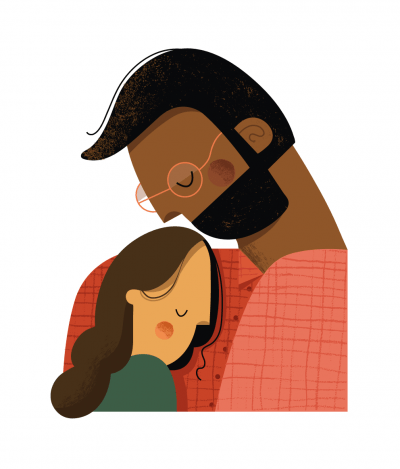
“Following any upsetting or traumatic event, parents and caregivers may struggle with how to best support and reassure their children while also managing their own emotions. While it is difficult to prevent children from experiencing these events indirectly through television and online media, limiting this exposure will be helpful for children’s mental health. Feelings of anxiety and sadness, or changes in sleep and appetite are some of the reactions that children may experience.”
Maryland BHIPP is available to support PCPs to provide consultation in many areas of behavioral health, the warmline remains open from 9am-5pm Monday through Friday at 855-632-4477.
National Child Traumatic Stress Network
Talking to Children About Mass Violence
Coping After Mass Violence
For Teens: Coping After Mass Violence
Age-related Reactions to a Traumatic Event
Parent Guidelines for Helping Youth After Mass Violence
Helping Young Children with Traumatic Grief: Tips for Caregivers
Helping School-Age Children with Traumatic Grief: Tips for Caregivers
Helping Teens with Traumatic Grief: Tips for Caregivers
American Academy of Pediatrics, Healthy Children
Talking to Children About Tragedies and Other News Events
Talking to Children About Racism: The Time is Now
American Academy of Child and Adolescent Psychiatry
Disaster and Trauma Resource Center
PBS
Helping Kids Navigate Scary News Stories
Parents Together
How to Talk to Kids About Anti-Asian Racism
Child Mind Institute
Talking to Kids About Racism and Violence